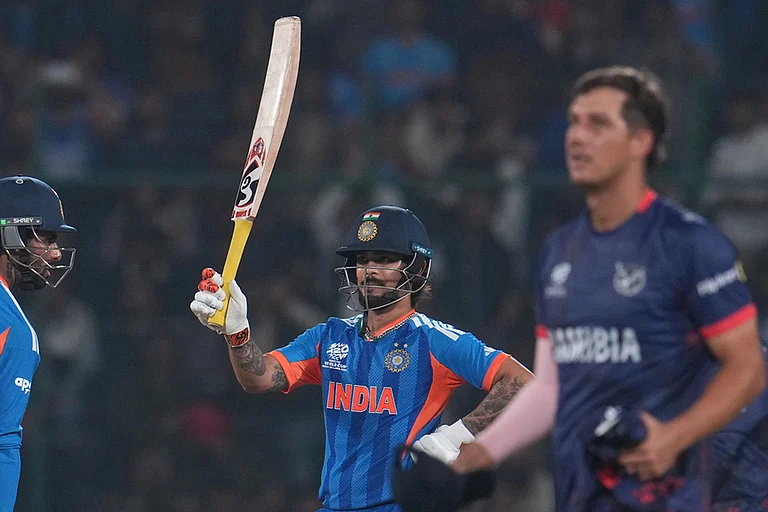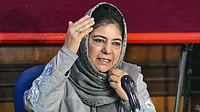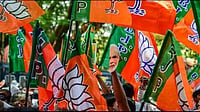After making their way back from war-ravaged Ukraine, medical students from their Valley are turning to Bangladesh
Having returned from war-torn Ukraine, Kashmiri medical students are showing interest in continuing their studies in Bangladesh and other southeast Asian countries, say education consultants in the Valley.
Spotting a new trend, they say that the Russia-Ukraine war has forced many parents, who were earlier interested in sending their children to central Asian countries for medical studies, to look for safer avenues. Before the war broke out, Ukraine was one of their preferred destinations with around 200 Kashmiri students studying in the country. Almost all of them are back now, awaiting the government's decision on their futures. In the meanwhile, Bangladesh is solidifying its position as a clear favourite.
“Central Asian medical colleges and universities are not as costly as Bangladesh. But the war has created fear among parents and students, and everyone prefers a safer place for study,” says Srinagar-based educational consultant Mir Amir.
While upper middle-class Kashmiri parents generally prefer to send their children to Bengaluru and Pune for engineering, management and courses related to computers, Bangladesh has been seen as an ideal destination for MBBS over the past decade. Currently, there are around 7,000-8,000 students from different districts of Jammu and Kashmir studying in medical colleges across Bangladesh. Every year, 2,000-odd candidates from the UT move to Bangladesh for medical studies. Factors like distance and having English as a medium of language has given Bangladesh an edge over not only the central Asian countries but also the other south Asian countries.
In the early ’90s, when insurgency broke out in the Valley, Kashmiris started preferring central Asian countries for medical studies. Ashfaq Zehgeer, an education consultant, says that while Russia was the only destination for students in that decade, over the years, students have preferred Bangladesh. Now, the war has further reinforced the idea of Bangladesh being a safe destination, he says. G.N. Var, who heads the Coaching Centres’ Association in the Valley, says that being a Muslim country, it is also seen as being culturally closer to home.
East-West Medical College, Dhaka University, Bangladesh Medical College, Comilla Medical College and Eastern Medical College are some of the institutions that Kashmiri students flock to. “The medical colleges in Bangladesh are seen to have a high standard,” adds Amir.
Senior faculty members of Srinagar’s Government Medical College say that Bangladesh offers evolved medical education and the graduates from medical colleges in the country do not face any problem. “In fact, they do well in the field,” says a senior faculty member. Many of the doctors from the ’90s era, commonly known as “Russian doctors”, had faced problems as their colleges were not recognised by the erstwhile Medical Council of India. Some of them practice in the health department now.
Var says that annually, after clearing their board exams, 5,000 students move out on their own or with the assistance of education consultants for better education prospects across streams, including medical. Every year, over Rs 1,400 crore are being spent by Kashmiri parents on their children’s education in different institutes across India and abroad, especially in Bangladesh.
Along with Bangladesh, Singapore and Malaysia are the destinations that Kashmiris are eyeing following the crisis in Ukraine. What also makes these countries interesting is that their colleges have a credit system in place which can be used if and when students wish to later move to Europe or the US to study. “That makes southeast Asia an ideal destination,” says a consultant.


























